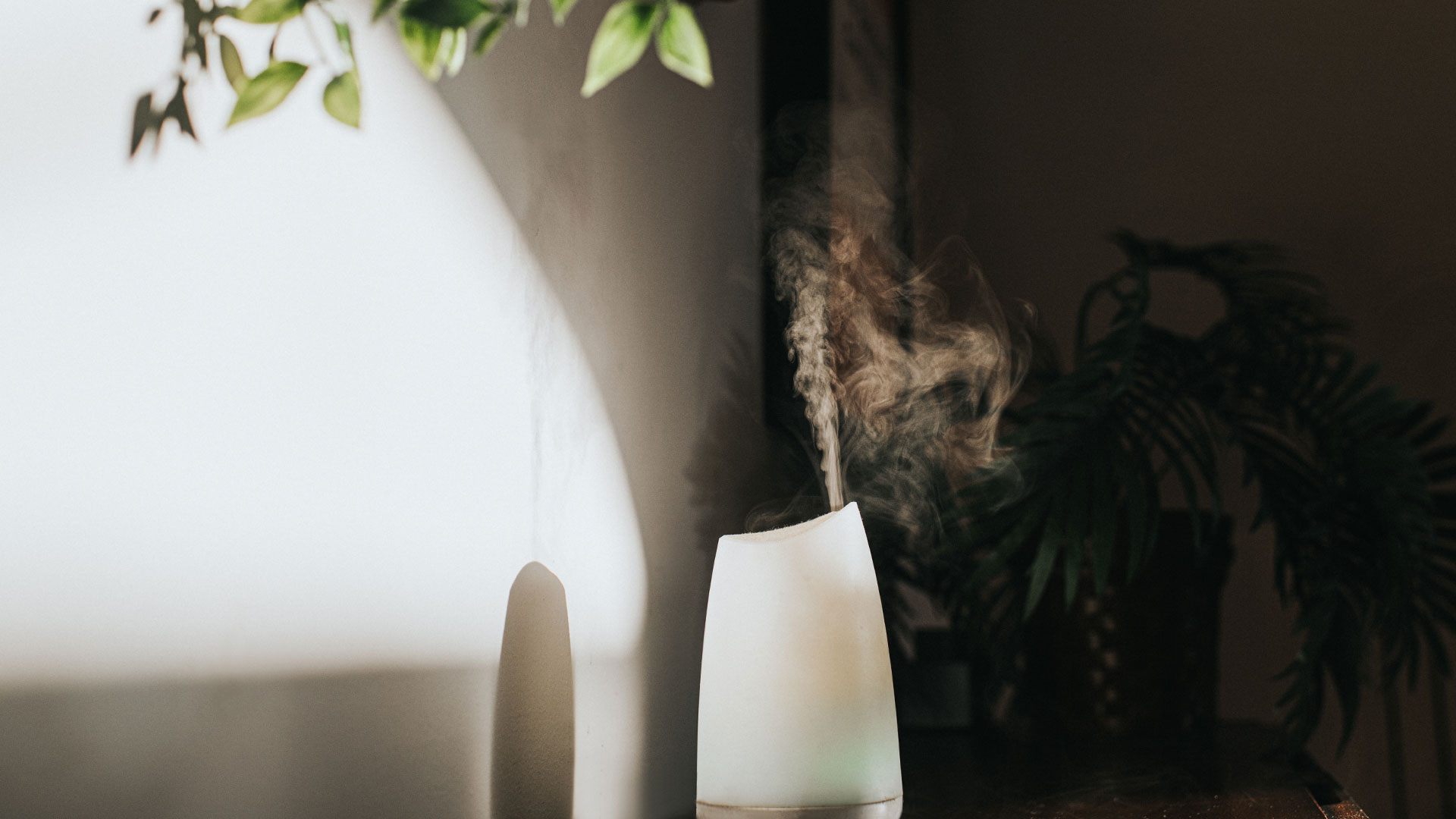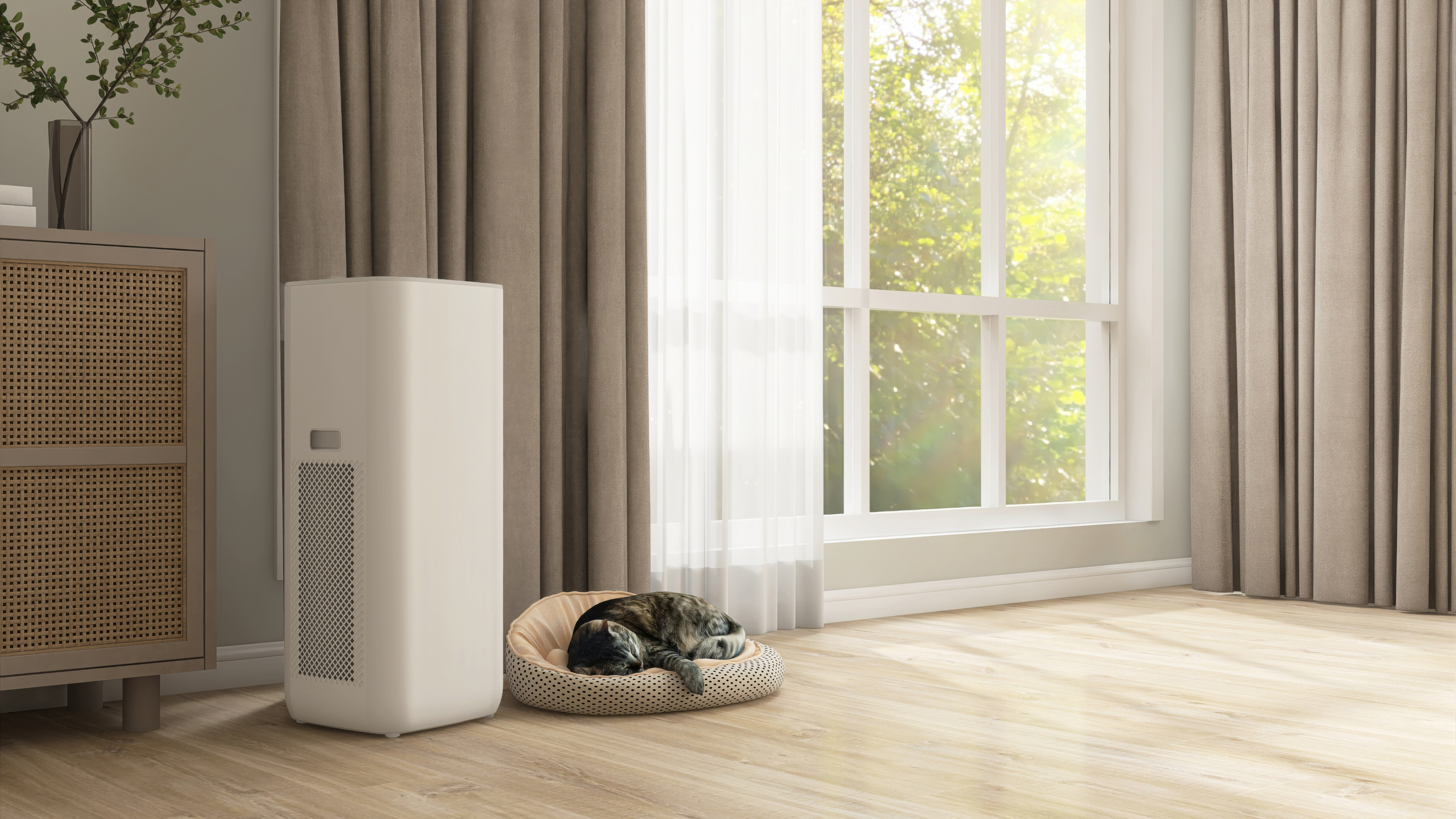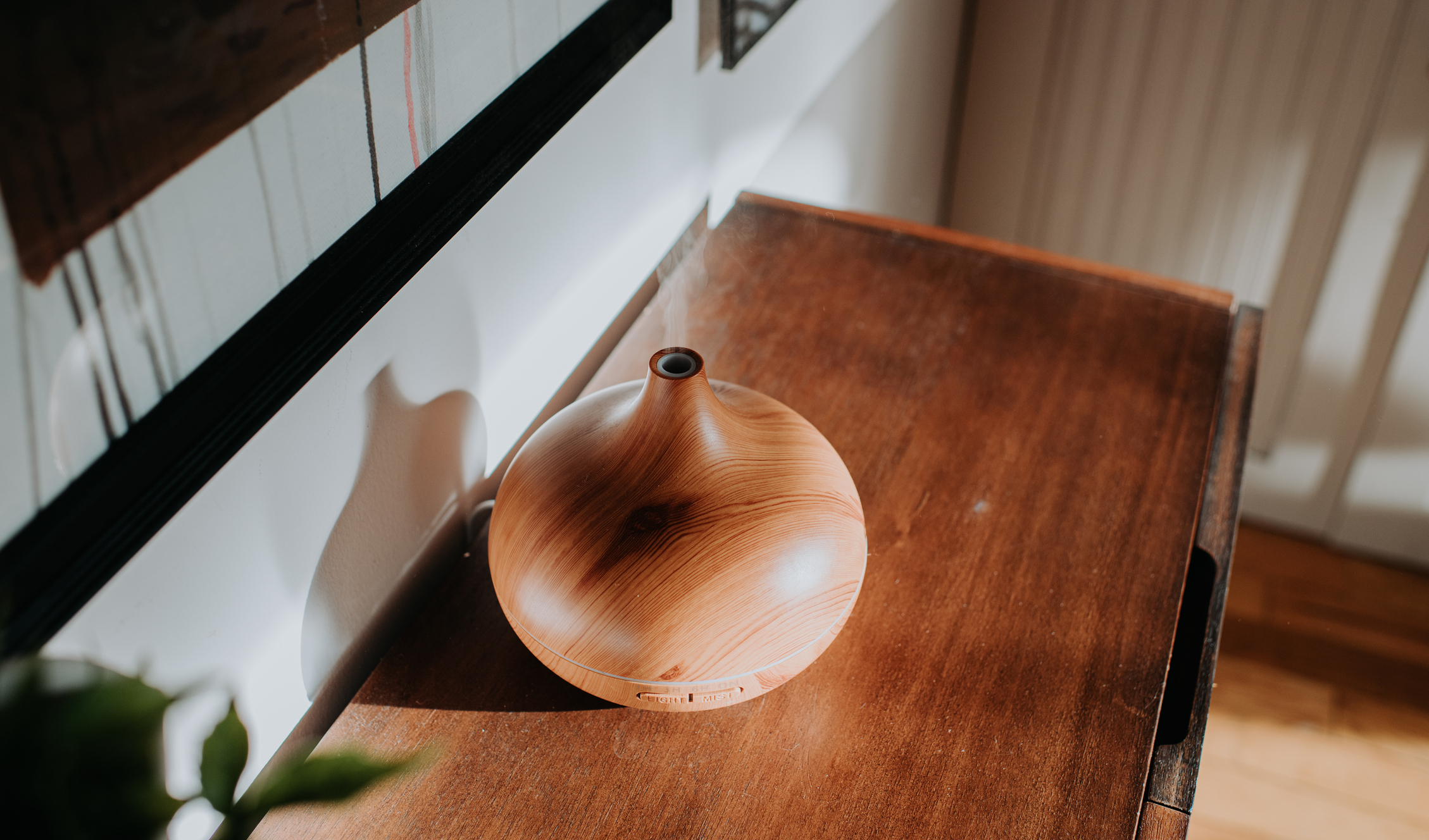
Imagine somewhere comfortable, cozy and homely, and clean air and fresh scents are far more likely to spring to mind than damp smells and layers of dust. It is no surprise, then, that air purifiers and essential oil diffusers are home staples. The promise of fresh-smelling rooms and clean air in your lungs is quite attractive, after all. But what is the difference between air purifiers and essential oil diffusers?
A quick comparison of these appliances reveals that they serve very different functions. Air purifiers trap airborne pollutants and allergens such as dust, pollen and pet dander. Essential oil diffusers, on the other hand, have nothing to do with improving air quality and are more about creating a pleasant aroma. These devices spritz a mist made of water and essential oils.
As a result, air purifiers and essential oil diffusers can have vastly different effects on our respiratory health, Dr. Payel Gupta, a spokesperson for the American Lung Association (ALA) and the American College of Allergy, Asthma and Immunology, told Live Science by email.
But before we delve into the potential health implications of these appliances, let’s look at how air purifiers and essential oil diffusers actually work.
Air purifiers typically consist of a fan that sucks in air, plus one or more filters made of mesh, paper or fiberglass. These filters capture particles as air passes through them, before the clean air is blown out. Some of the best air purifiers on the market are equipped with High Efficiency Particulate Air (HEPA) filters, which are capable of removing up to 99.97% of fine particles of 0.3 microns at the least. That includes dust, mold, pollen and bacteria, according to the U.S. Environmental Protection Agency (EPA).
Many air purifiers also come with pre-filters that trap larger particles such as dust and hair strands, activated carbon filters for reducing odors and volatile organic compounds, and even pollutant-destroying features like UV-C sanitizers.
- Related: How do air purifiers work?

There are different types of diffusers too. First, there are ultrasonic diffusers, which release particles as a mist thanks to vibrations caused by electronic frequencies. These are suitable for small or medium spaces and can be mounted onto air ducts to cover more ground, according to The Well Living Lab.
Next, there are nebulizing diffusers, which work well for an intense aroma but are somewhat fragile and high maintenance due to their glass design. Once parked on a tabletop, they give off a fine mist with particles evaporating into gas form. This is also enough to scent a small to medium space, The Well Living Lab said.
Other diffusers use heat rather than vibrations to evaporate the oils, as is the case with steam diffusers, candle diffusers and hot plate diffusers.
Air purifiers offer many potential health benefits, especially when used alongside proper ventilation and good cleaning practices. For example, these appliances can help reduce the symptoms of allergies and prevent the spread of mold spores. Air purifiers may even help people with asthma manage their condition. When it comes to essential oil diffusers, the health implications are way more complex.
People often describe essential oils as "relaxing," which is likely down to the fact that smells send a powerful signal to our brains, evoking positive memories and elevating mood, according to The Well Living Lab's studies on how indoor environments impact human health and wellbeing. There is even some evidence that aromatherapy can ease anxiety and depression and produce better sleep quality, according to a 2022 review published in the journal Applied Sciences.
However, essential oil diffusers may be harmful for people with asthma and other respiratory conditions, according to the American Lung Association. "Essential oils can be irritants, and they can potentially trigger respiratory symptoms in sensitive individuals," Gupta said. That is because when these oils evaporate they release vast quantities of VOCs, and some may even produce harmful pollutants like formaldehyde, the ALA noted.

That is not to say all essential oils are harmful. For example, eucalyptus and peppermint contain compounds that may help open airways and ease congestion. "However, their efficacy can vary, and they might not be beneficial for everyone. The safest approach is individual assessment and consultation with a healthcare provider," Gupta emphasized. "And it is essential to consult with a healthcare provider if you have asthma."
While air purifiers and essential oil diffusers are poles apart, nowadays, you can get devices that combine the two. However, if you are worried about the pollutants released by essential oils, do not expect the air purifier to cancel these out, even if it has a HEPA filter.
According to the EPA, an activated carbon filter or thick absorbent filter explicitly made to catch and remove gasses may be more effective at eradicating VOCs. Even then, an air purifier may not be able to remove all of the harmful airborne particles released by the diffuser.
This article is for informational purposes only and is not meant to offer medical advice.







